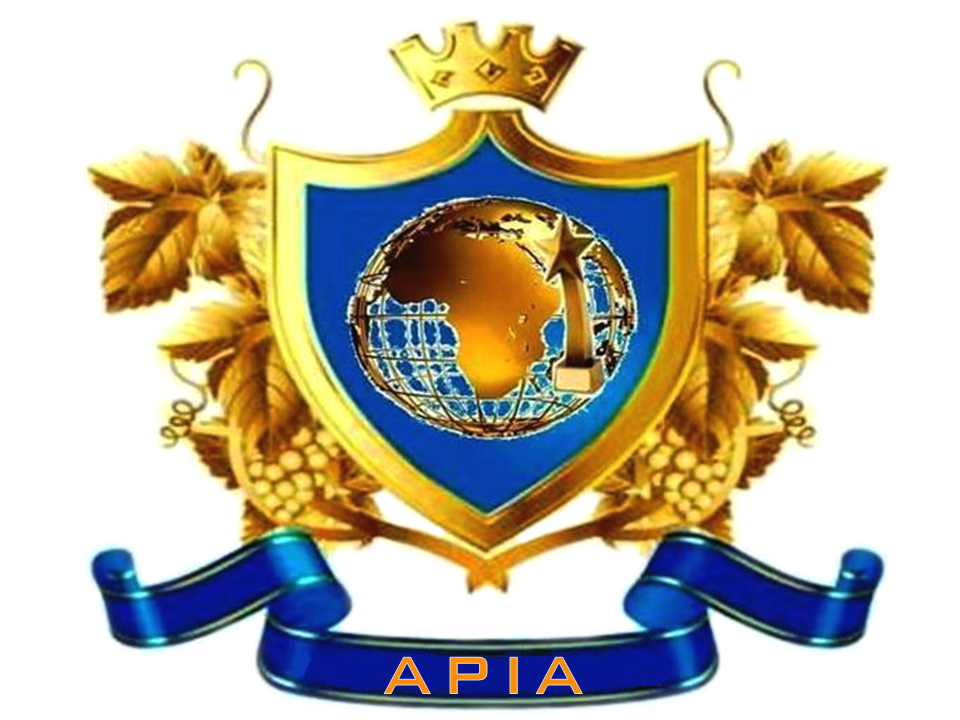Sustainable Development For All-Kenya was born out of Evans Wadongo’s personal experience growing up in rural Kenya. The youngest of four children, he was raised in a mud home with no electricity or running water. His parents were schoolteachers and placed a high value on education. Evans was expected to work hard in school and get good grades, so he depended upon the dim light of the family’s kerosene lantern to study at night.
He shared a
single lantern with his brothers and other family members, but the
light emitted from the kerosene lamp was too weak for everyone to
use. Evans remembers how they used to fight over who was going to
get to use the lamp. Often, Evans had to go to sleep in
frustration, unable to complete his homework ..... more
Every day, more than 2 million bars of soap are discarded by hotels in the US alone. At the same time, more than 2.4 million children die each year from hygiene-related illnesses, such as pneumonia and diarrhea. Studies have shown that handwashing with soap is the most effective and affordable way to prevent those deaths. In fact, simply washing hands with soap can reduce the morbidity rates by as much as 47% — meaning that more than 1.1 million children could be saved each year if they had soap and understood how to properly wash their hands. The Global Soap Project is working at the juxtaposition of both of these issues to reduce waste and save lives.
Founded in 2009, and headquartered in Atlanta, Georgia, the Global Soap Project receives partially-used soap from over 1,100 hotels across North America, recycles it into new bars of soap, and distributes them to disaster victims, refugees, and children and mothers living in extreme poverty..... more
In the late 1980s Barry and Andrea Coleman became aware that people in Africa were dying because they were not being reached with health care. The experts said that this was because it was impossible to keep vehicles running in Africa. The Colemans knew this was simply not true and they resolved to do something about it.
Twenty years after making the
first plans for Riders for Health around their kitchen table their
belief is unwavering: it is unacceptable that millions of people
die because they do not receive the health care they need when the
means to reach them exists.
Riders for Health has now grown
to an organisation that has programmes in seven countries across
Africa, and improves access to health care to over 12 million
people.....more

Copyright © 2013 AfIA. All Rights Reserved